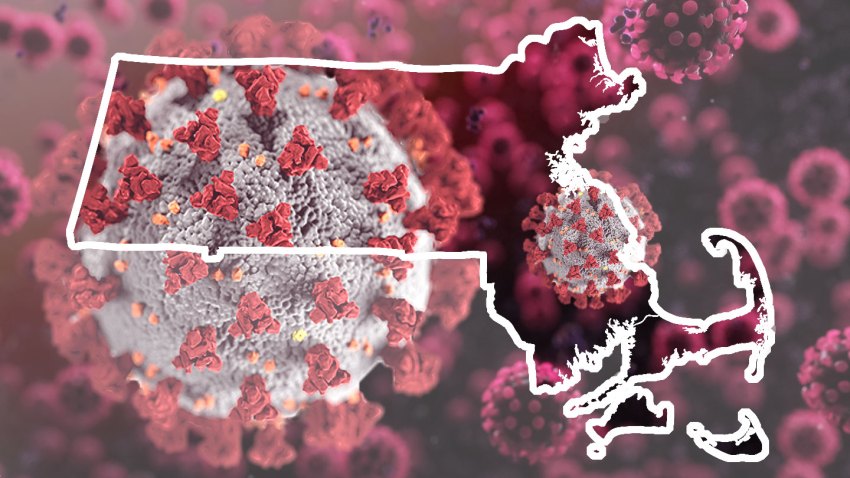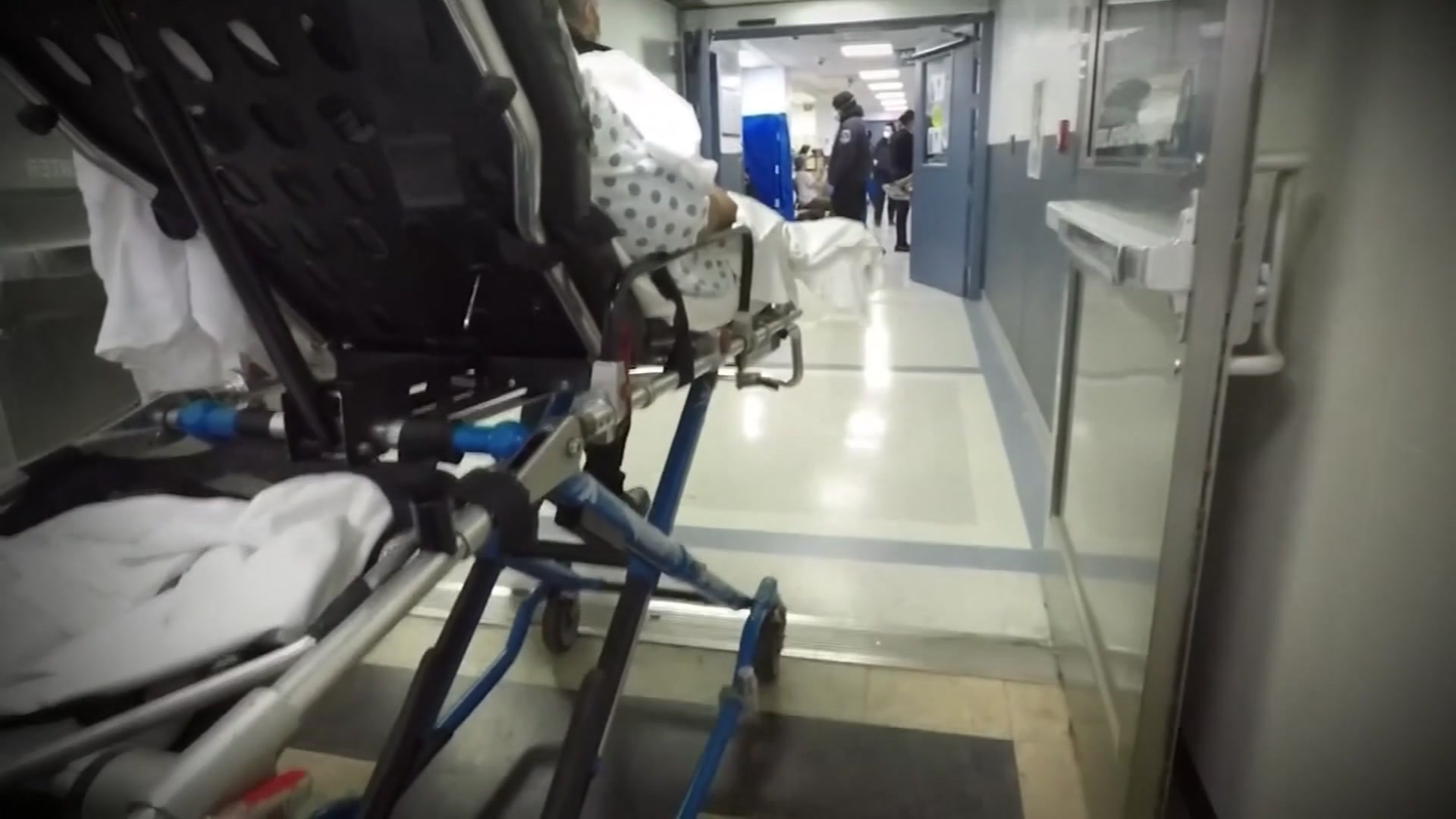Elective inpatient medical procedures in Massachusetts will be postponed after Friday to free up beds and staff for COVID-19 patients. For transgender people who already play the waiting game for life-changing healthcare, this just adds to the existing stress of daily life.
Rikki Bates has been bringing joy to audiences for five decades as a drummer, but as a transgender woman, it’s just in the last several years she’s finding happiness within herself.
“I’ve had to fight for health care every step of the way,” she said.
That fight took her to court against the state.
“Now we have healthcare covered,” she said.
When the coronavirus pandemic hit, Bates says things began to feel unstable again when one medical procedure she eagerly awaited was postponed.
“The surgery was delayed and that’s tough,” she said.
Dr. Jenny Siegel, the director of the Center for Transgender Medicine and Surgery at Boston Medical Center, says this is an especially stressful time for the transgender community.
“This is an incredibly stressful time, but especially for those who carry a greater burden of societal stress at baseline,” Dr. Siegel said.
Dr. Siegel says surgeries for transgender patients were postponed at the center earlier in the year, then resumed. Now, inpatient procedures are on hold, once again.
All other healthcare, even follow-ups and out-patient procedures are still scheduled.
“Gender affirming surgery is not emergent, it is also quite lifesaving. So, figuring out the right way to handle that might be tricky,” said Dr. Siegel.
Many aspects of healthcare are still available- online.
More on Coronavirus Restrictions in Mass.
Steph DeNormand runs Fenway Health’s Trans Program where support groups there help people navigate a transition from the legal to health aspects.
“Our patient advocate has been spending a lot of time really walking folks through not only resources we have available, but also exactly how to connect,” they said.
And while that’s a challenge for some, it means people in places without this specific care can benefit from what Boston has to offer.
“We’re open to chatting with anyone and helping find folks what they need,” said DeNormand. “Telehealth has been a real boom there because I think we’re reaching people who wouldn’t have been able to come in as easily,” said Dr. Siegel.
Until we’re allowed to meet without masks or screens, and Bates can get back to performing, she reminds us we’re all in this together.
“If you’re one of the people, one of the many people who is experiencing isolation of COVID, just keep in mind that trans people live that all the time," she said. "Show some compassion; be nice.”



